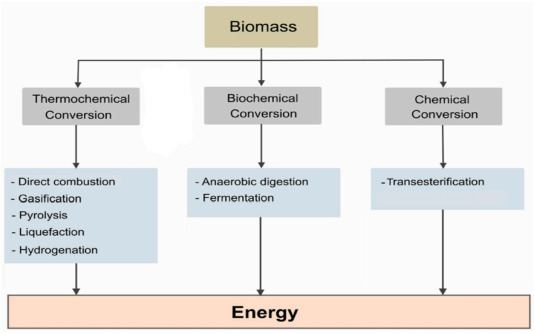Elsevier,
Heliyon, Volume 9, Issue 2, February 2023, e13447
This study aims to explore healthcare professionals' (HCPs) perspectives on PE and its application technique. A qualitative study was conducted in the chronic wards of a faith-based private hospital in Yogyakarta Province, Indonesia.
Elsevier,
The Lancet Microbe, Volume 4, February 2023
This Article supports SDG 3 by examining the probability of multiple founder variants of HIV-1 infection stratified by route of exposure and study methodology. They found significant differences in the probability of multiple founding variants depending on route of transmission (eg, people who infect drugs, femlae-to-male infection)
Elsevier,
Forest Ecology and Management, Volume 532, 15 March 2023, 120848
The effects of forest harvesting are very evident aboveground, with clear contrasts between areas that are clearcut and those that are managed with some degree of retention of old trees. The implications for the belowground portions of forest ecosystems are difficult to see, but fundamental to the future development of the recovering forest.
Elsevier,
Journal of Virological Methods, Volume 312, February 2023
For monitoring viral load (VL) or Early Infant Diagnosis (EID) of HIV-1, real-time Polymerase Chain Reaction (qPCR) is used to perform on plasma or Dried Blood Spot (DBS) sample. The qPCR method is expensive and requires sophisticated equipment. Therefore, there is a requirement for newer and cheaper technology for VL measurement or EID.
Elsevier,
eClinicalMedicine, Volume 56, February 2023
According to the CDC 11% of adults have subjective cognative decline. Given the high coverage of ART in Australia, researchers assessed if there was a link between ART and cognative decline. With 1% of the study population reported to have sustained decline, the authors concluded that meaningful cognative decline was not significantly different compared with what would be expected. Although not a game changing new drug regimen, with the average life expectantcy of people with HIV now 83 year the lack of link between ART and cognative decline means that good health and wellbeing can be promoted into old age.
Elsevier,
Measurement: Sensors, Volume 25, February 2023
An investigation supporting SDGs 7 and 13, based in Ghana, into the possibility of using slaughterhouse wastes as a source of renewable energy through biogas technology. The researchers concluded that 'Ghana generates significant amount of slaughterhouse waste each year that can be processed using AD [anaerobic digestion] for energy and electricity production to supplement the country's electricity needs, while reducing GHG emissions'.


